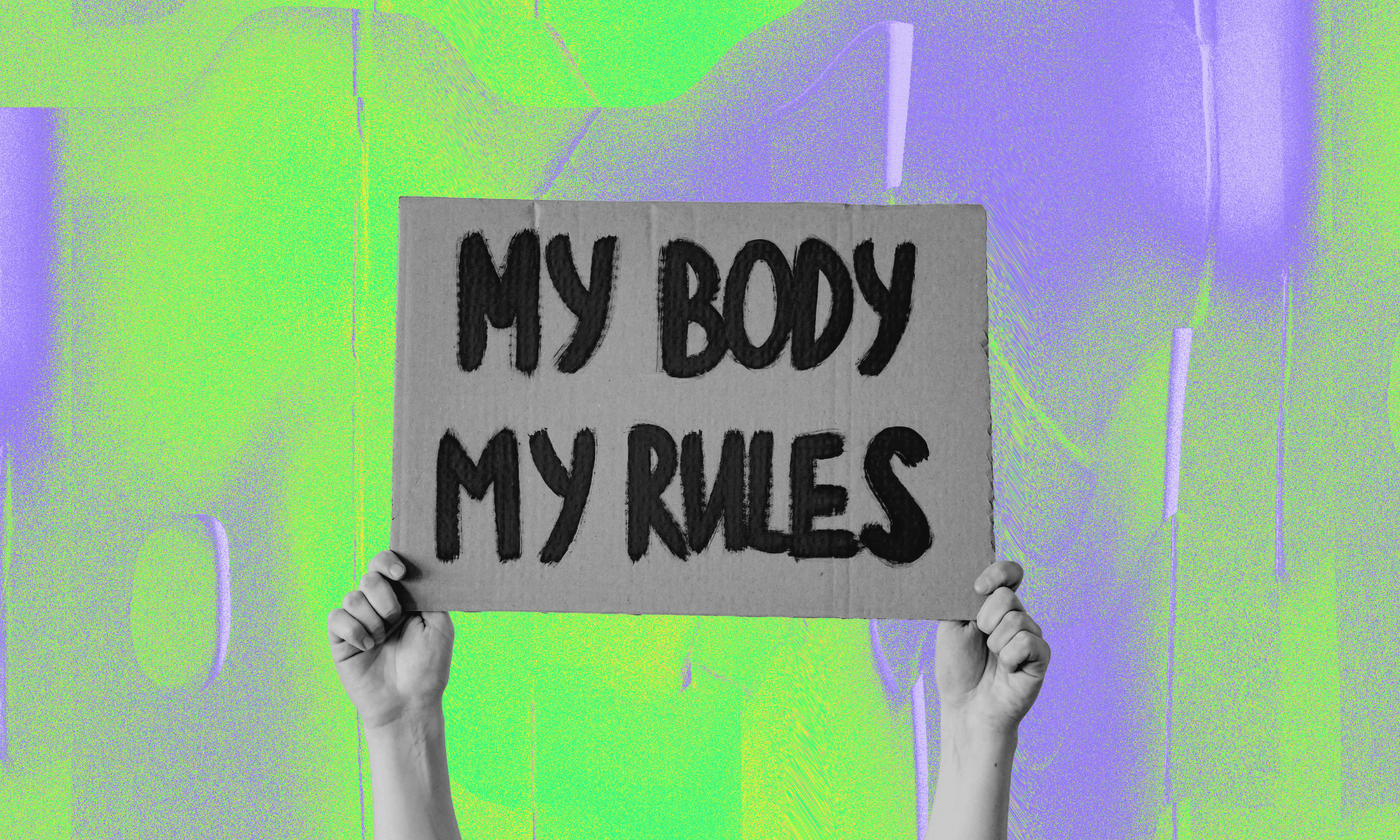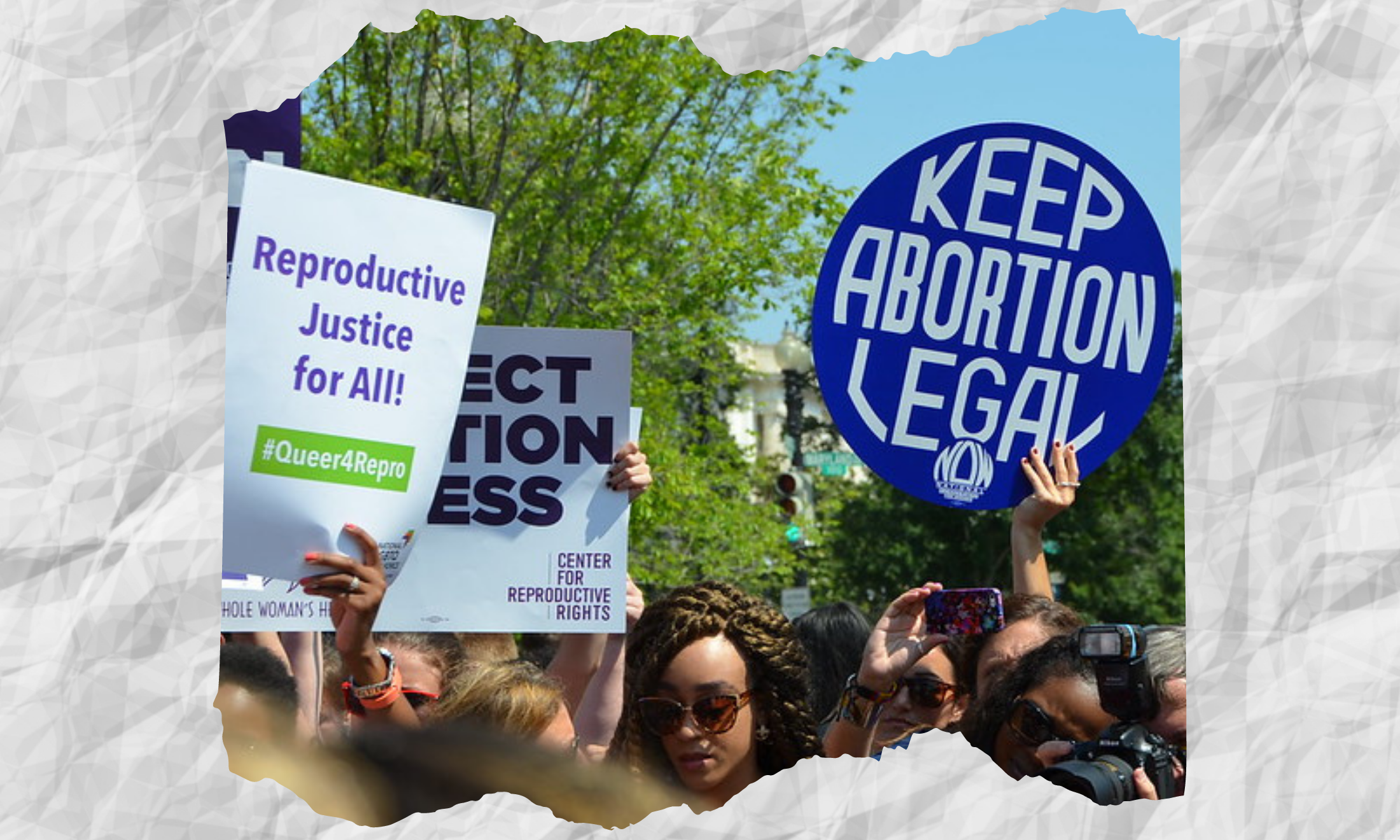
Adam Fagen / Flickr
Why dismantling abortion rights in the U.S. will be disastrous for its poorest communities
Overturning Roe v Wade is another terrifying reminder that the ruling class is waging a war on our bodily, social and economic freedoms.
Annabel Sowemimo
07 May 2022
Content warning: this article contains mention of abortion and death.
A colleague once told me a story from his time working as a doctor in Nigeria. A young women had come to his hospital desperately seeking an abortion, but the staff turned her away. Several hours later, the woman was wheeled in on a stretcher gushing blood from her vagina; she had inserted a sharp object to terminate the pregnancy herself. She died, like so many others in countries where women are not allowed autonomy over their own bodies, where abortion is illegal.
This devastating scenario could become a reality for millions of women and other pregnant people in the United States within the coming weeks. On 2 May, a draft decision from the US Supreme Court to overturn Roe v Wade was leaked to Politico. The landmark ruling would see an end to the 1973 federal legislation that effectively legalised abortion across the U.S. As many as 26 states already have laws in place that would imminently ban or limit access to abortion if Roe v Wade is overturned, with only 16 states having laws that protect the right to abortion in its absence, according to an analysis by the Guttmacher Institute. It could leave millions of Americans, particularly the poorest and most marginalised communities, without access to safe and legal abortions.
Outlawing abortion drives it underground, leading unscrupulous people to over-charge for backstreet procedures in unhygienic conditions, placing lives at risk. In a country where 30 million people are uninsured and the total cost of antenatal care and delivery can reach $30,000, the whole situation is devastating, and dangerous.
“This appalling news has not appeared out of nowhere. There has been a concerted effort over the last decade to shut down abortion services within the U.S.”
The lawmakers who sit in their ivory towers dictating that abortion is wrong will still have access to abortion. So too will their families, if they should ever require it – they have the ability to travel elsewhere. This archaic law is not for them, but an attack on the poorest women who do not have the ability to travel up to 200 miles to reach abortion services.
Yet, this appalling news has not appeared out of nowhere. There has been a concerted effort over the last decade to shut down abortion services across the country, including in 2021 when new legislation in Texas made abortion illegal after six weeks of pregnancy, and criminalised those who helped women seek an abortion.
For decades, abortion services in the U.S. have been terrorised by extremists who aim to shut down clinics, one by one. It is estimated that 11 abortion clinic staff have been murdered since 1993. The violence targeted at all those working within abortion services means a dwindling number of providers; some having to fly across the country several times a week to ensure that clinics remain open.
When abortion is restricted, marginalised communities suffer the most – they are women who do not have the money or resources to travel and seek out a professional, and are unable to access safe procedures. Every year, it is estimated that 25 million unsafe abortions take place across the globe, with almost 70,000 pregnant people dying due to unsafe procedures, making it one of the biggest killers of pregnant people globally.
The decision on Roe v Wade will resonate far beyond arbitrary U.S. borders. Policies like the Global Gag Rule, which pulls U.S government funding from foreign non-governmental organisations (NGOs) if they provide abortion services or even discuss abortion, demonstrate how U.S. imperialism even extends to women’s reproductive health.
“The narrative surrounding abortion rights has always been pursuing ‘the right to choose’, but the idea that abortion is ‘a choice’ for the marginalised in American society leaves much unsaid”
Roe v Wade never truly guaranteed access for everyone, particularly the poorest women and women of colour – it creates a two-tiered system of abortion access for women of colour in the U.S. With no federal provision for abortion care and many Black women reliant on Medicaid, the poorest are often left turning to non-governmental organisations like Planned Parenthood for assistance.
Black women account for five times the abortion rate of their white counterparts in the U.S., and many of these women live below the poverty line. Removing abortion access will be forcing motherhood on some of most disenfranchised people in America. The disproportionate impact on Black women was shown when in 1976, the Hyde Amendment was passed, which restricted the use of federal funding for abortion. At the time, 62% of Black women were reliant on federal funding for healthcare.
The narrative surrounding abortion rights has always been pursuing “the right to choose”, but the idea that abortion is “a choice” for the marginalised in American society leaves much unsaid. Pervasive structural racism means Black people face significant disparities in education, employment, housing and in health care, and so having a child is a much more complicated “choice” than for our white counterparts. Forcing parenthood on individuals, in a country that does not support parents and particularly demonises young, Black mothers and incarcerates their offspring is unspeakably cruel.
“The threat to Roe v Wade proves we cannot trust those in power to protect our bodies”
In the U.S., Black women have always been at the helm of abortion activism. As one activist once stated to me, Black women have been using abortion since “our mothers were being breeded on plantations. Nobody will tell us how to use our bodies ever again”. In 1994, a coalition of women of colour came together to establish a new collective and defined Reproductive Justice “as the human right to maintain personal bodily autonomy, have children, not have children, and parent the children we have in safe and sustainable communities”. This is a clear call for us to build a world in which all people can afford to end a pregnancy or raise a child; as well as address racial inequalities within antenatal care and life opportunities that govern individuals’ decisions to have children. This is what we must strive for.
Activists remain determined, working day and night to ensure that the rights of women and pregnant people are safeguarded. Take Dázon Dixon Diallo, the founder and president of Sister Love, the first women’s HIV, sexual and reproductive justice organisation in the southeastern U.S., and founding member of SisterSong. For Diallo, the fight has always been about “ensuring that for Black and other people who could be pregnant that we are not only making sure that the individual right to privacy and bodily autonomy is protected, but that it is done so across the spectrum of a woman’s reproductive powers: the right to have the children she wants to have, to not have the children she doesn’t want to have and to have all the resources, economic, cultural, social, climate, environmental protections and rights that would ensure the dignity and the agency in her own decisions.”
It is no longer enough for abortion activists to be looking to political parties to ensure reproductive autonomy is maintained. The threat to Roe v Wade proves we cannot trust those in power to protect our bodies. Throughout history, we have supported one another and innovated to ensure that our reproductive autonomy is maintained, and that others do not die. We should not have to keep fighting just to stand still, but fight we will.
U.S. Reproductive Justice organisations that you can donate to:
Our groundbreaking journalism relies on the crucial support of a community of gal-dem members. We would not be able to continue to hold truth to power in this industry without them, and you can support us from £5 per month – less than a weekly coffee.
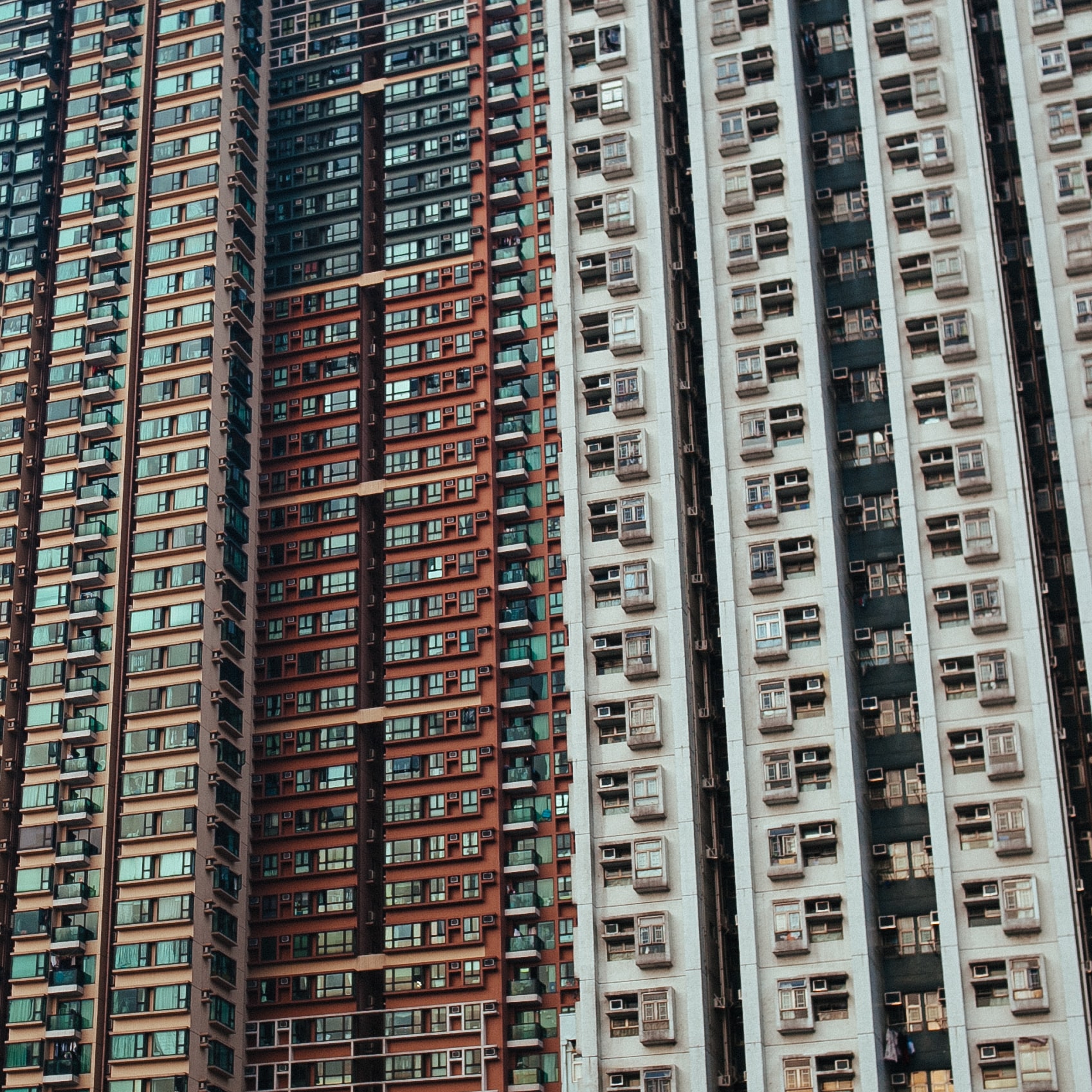
Why the ‘overpopulation problem’ is an issue of white supremacy
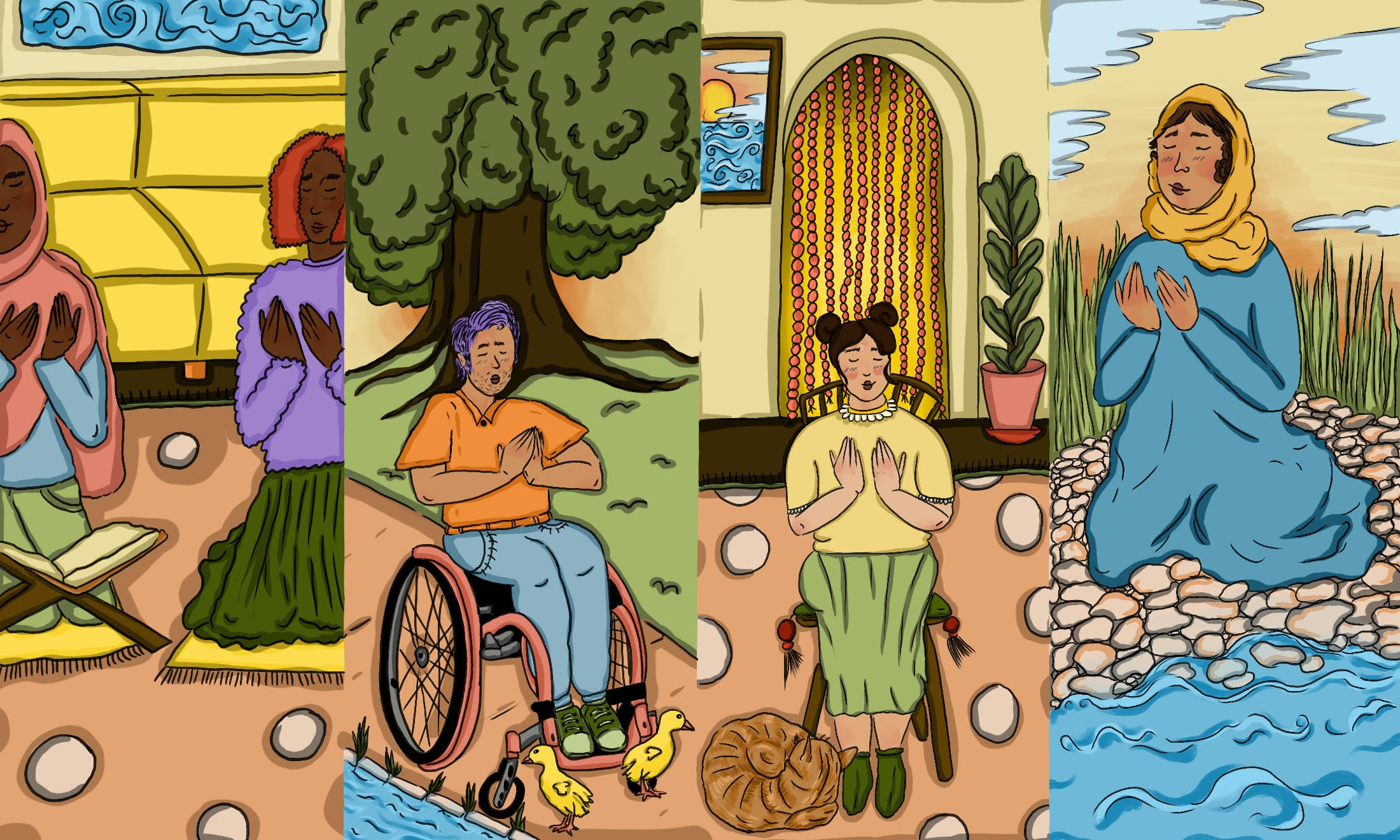
Why I founded an abortion support network for Muslims
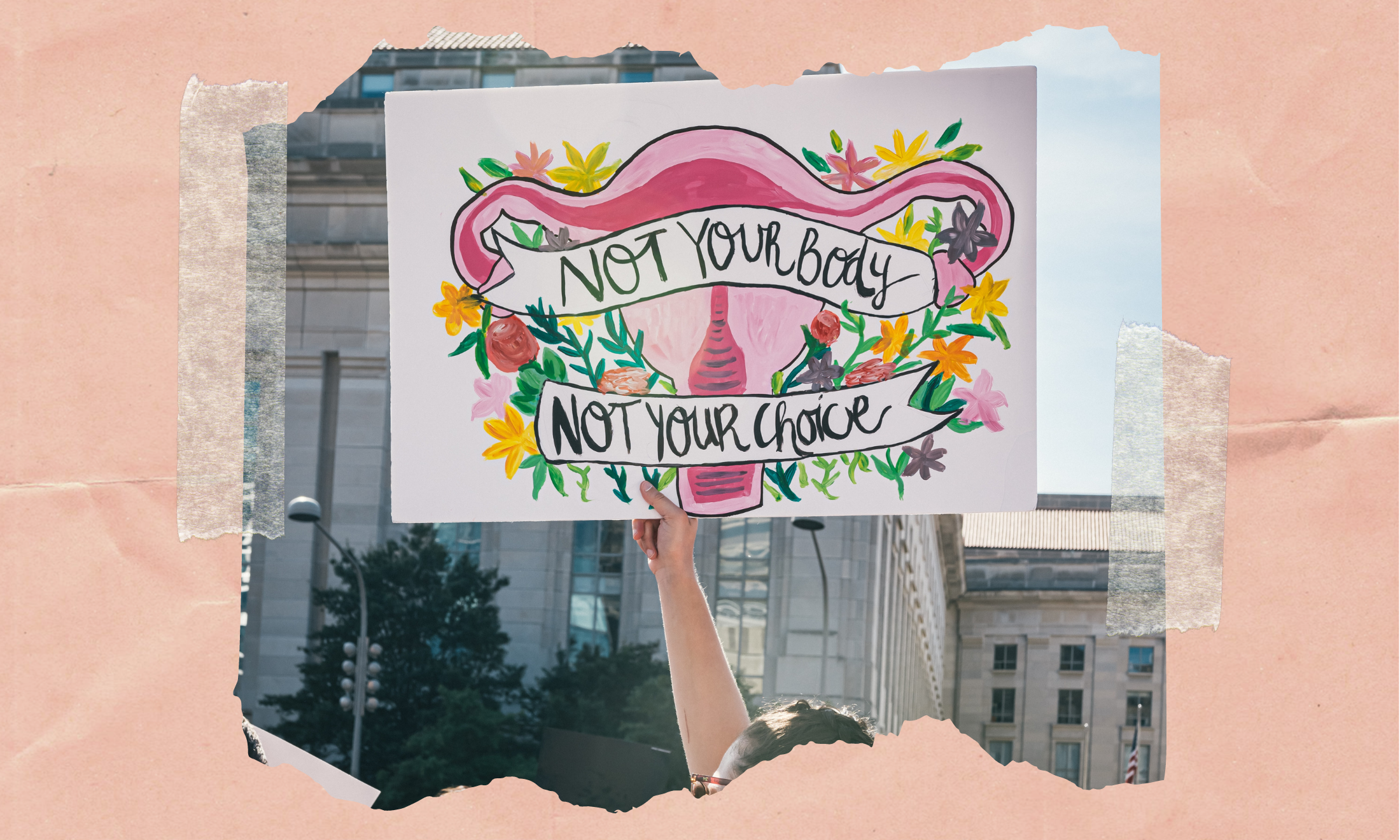
‘It’s an emergency’: activists call for clinic buffer zones as anti-abortion protests grow
